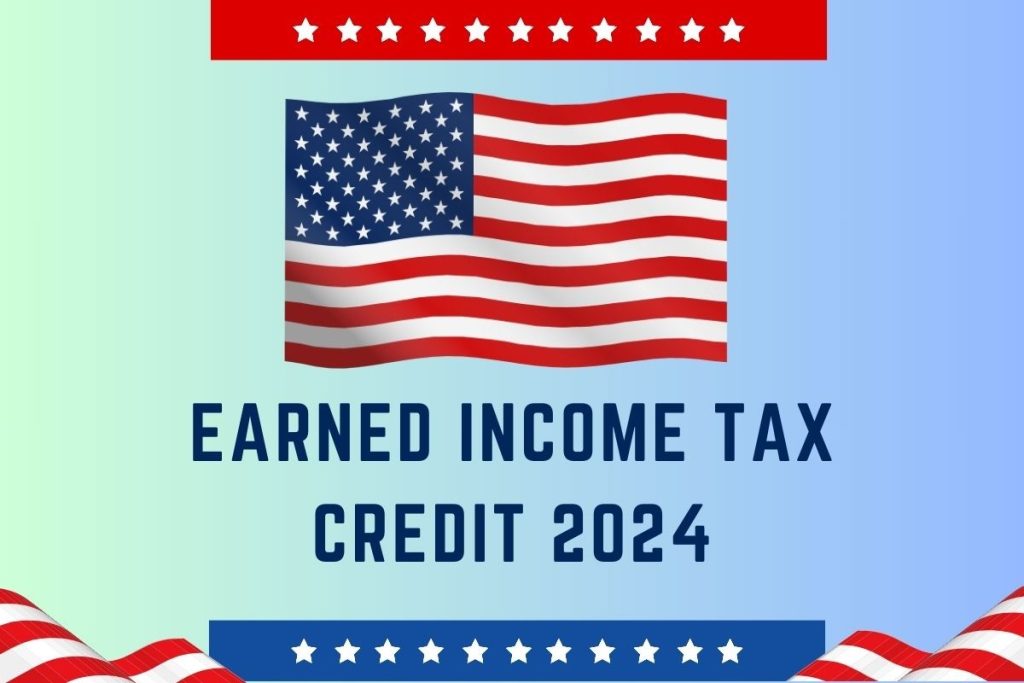Affordable Care Act (ACA) Subsidies: What’s at Stake for Millions of Americans
The Affordable Care Act (ACA) subsidies have been a critical lifeline for millions of Americans, making health insurance more affordable and accessible. However, with key enhancements set to expire at the end of 2025, the future of these subsidies hangs in the balance, raising concerns about potential premium hikes and reduced enrollment.
How ACA Subsidies Are Helping
Enhanced premium tax credits, first introduced under the American Rescue Plan Act (ARP) and extended through the Inflation Reduction Act (IRA), have dramatically lowered health insurance costs for many families. These subsidies have fueled a surge in ACA marketplace enrollment, which hit a record 20.8 million people in 2024, compared to just 11.2 million in 2021.
For millions, these subsidies mean affordable monthly premiums, with some individuals paying as little as $10 per month for comprehensive coverage. The subsidies are particularly crucial for low- and middle-income families, helping to bridge the gap between rising healthcare costs and stagnant wages.
The Risk of Expiration
If Congress does not act to extend the enhanced subsidies, they will expire at the end of 2025. Without this financial assistance, millions of Americans could see their premiums skyrocket. Estimates from the Congressional Budget Office (CBO) suggest that ACA marketplace enrollment could drop from 22.8 million in 2025 to as low as 15.4 million by 2030.
This potential decline would disproportionately affect low-income households, many of whom may no longer be able to afford coverage. Additionally, a rise in the uninsured population could strain the healthcare system, leading to higher costs for emergency care and less preventive care overall.
Political Developments Add Uncertainty
The recent shift in political power has added uncertainty to the future of ACA subsidies. With Republicans gaining control of Congress, proposals to cut federal spending on healthcare programs, including the ACA, are under consideration. House Republicans are exploring $5 trillion in spending cuts over the next decade, which could directly impact the subsidies.
President-elect Donald Trump has yet to clarify his stance on the ACA subsidies, but Republican-led budget proposals signal potential reductions. While such cuts could save the government money, they would likely lead to millions losing coverage and facing higher medical costs.
What This Means for You
For consumers, the stakes are high. If the enhanced subsidies expire, many families will need to reassess their healthcare budgets or risk going uninsured. Those who currently rely on the ACA marketplace for affordable coverage should closely monitor developments and prepare for potential changes.
The Bottom Line
The future of ACA subsidies is uncertain, and millions of Americans could be impacted if Congress does not act. As legislative debates unfold, it’s crucial for individuals and families to stay informed and explore their healthcare options to prepare for potential premium increases or coverage changes.
Affordable healthcare is a cornerstone of financial stability, and the outcome of these political battles will shape the health insurance landscape for years to come.



